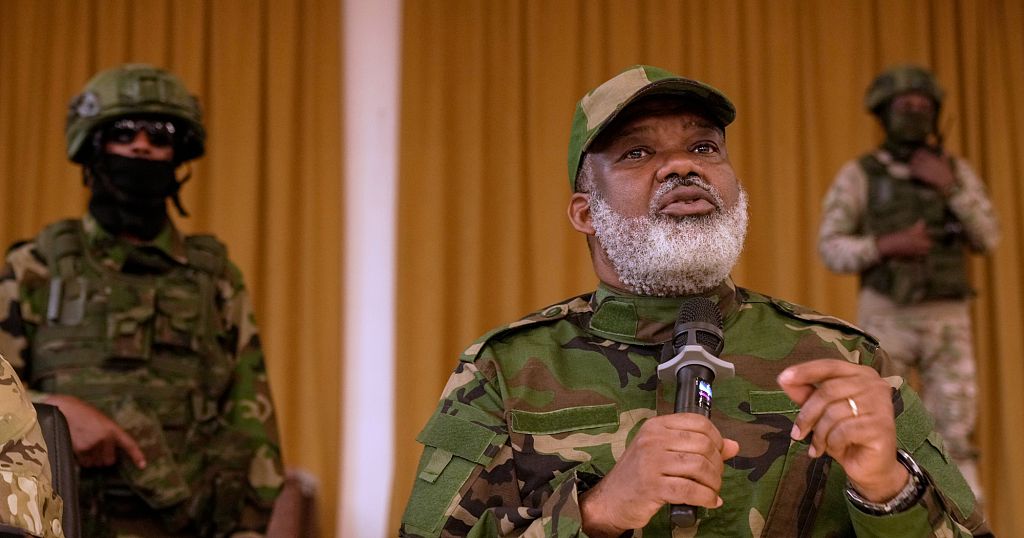In a significant step toward stability, the Congolese government and the Rwanda-backed M23 rebel group have signed a landmark truce to end years of fighting in the volatile eastern Democratic Republic of Congo (DRC). The agreement, brokered in Doha, Qatar, mandates an immediate and permanent cessation of hostilities across land, air, and waterways. Additionally, it prohibits acts of sabotage, incitement through hate speech, and any forceful seizure of territory.
Qatari mediators hailed the accord as a pivotal moment in a conflict that has displaced millions and destabilized Central Africa. Mohammed bin Abdulaziz Al-Khulaifi, Qatar’s Minister of State for Foreign Affairs, described the declaration as a foundation for sustainable peace. “This agreement opens the door to direct negotiations aimed at resolving the root causes of the crisis,” he said. “Both parties have committed to implementing its terms with responsibility and transparency.”
Central to the deal is a roadmap to reestablish Congolese government authority in eastern provinces, where state control has eroded amid decades of militia violence and foreign interference. The region’s mineral-rich lands have long been contested, fueling cycles of unrest. Both sides have now pledged to collaborate with international organizations, including United Nations peacekeeping missions, and regional bodies like the East African Community, to bolster security and governance.
U.S. Senior Advisor Massad Boulos underscored the importance of respecting territorial integrity, stating, “Reaffirming sovereignty is fundamental for any nation.” He urged sustained diplomatic efforts to ensure the agreement translates into lasting change. The pact also prioritizes addressing humanitarian crises linked to the conflict, guaranteeing the voluntary and safe return of displaced populations under international law. Over 6 million people have been displaced within the DRC, with many living in precarious conditions since the M23 insurgency reignited in 2021.
The deal further mandates coordination with UN forces and regional security mechanisms to protect civilians, a critical demand from advocacy groups that have repeatedly warned of atrocities against communities. While the immediate ceasefire offers hope, analysts highlight the fragility of past agreements in the region, emphasizing the need for accountability and third-party oversight.
Final negotiations to formalize a comprehensive peace settlement are scheduled to conclude by August 1, with stakeholders cautiously optimistic about progress. The international community, including African Union representatives, has called for restraint and good faith engagement from all sides. For Congolese citizens, the truce represents a tentative respite from a conflict that has claimed countless lives and stifled development in one of Africa’s most resource-rich yet impoverished regions.
